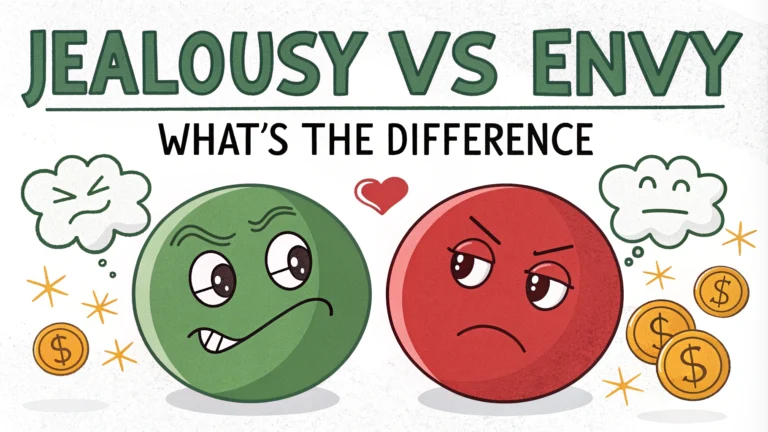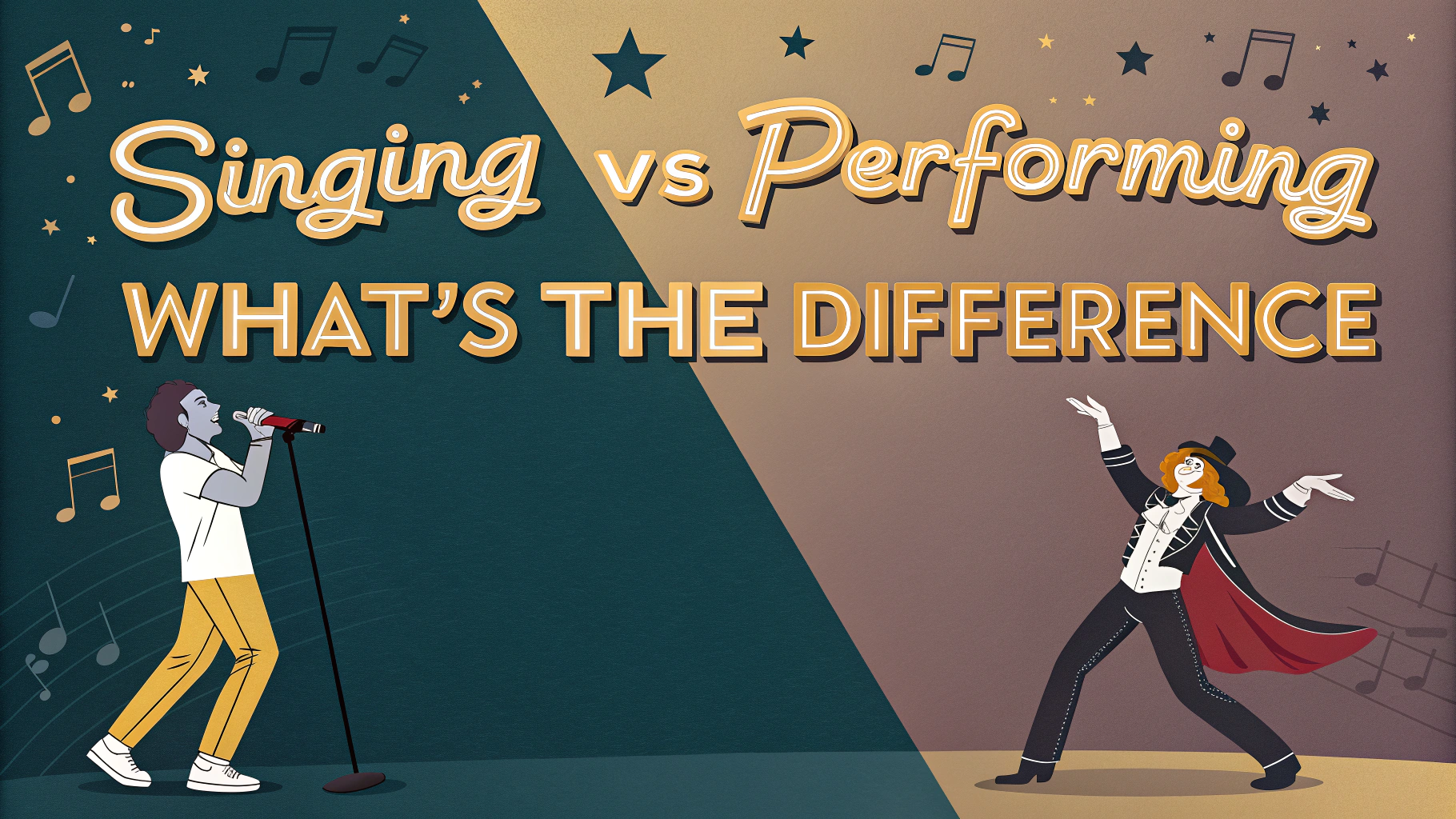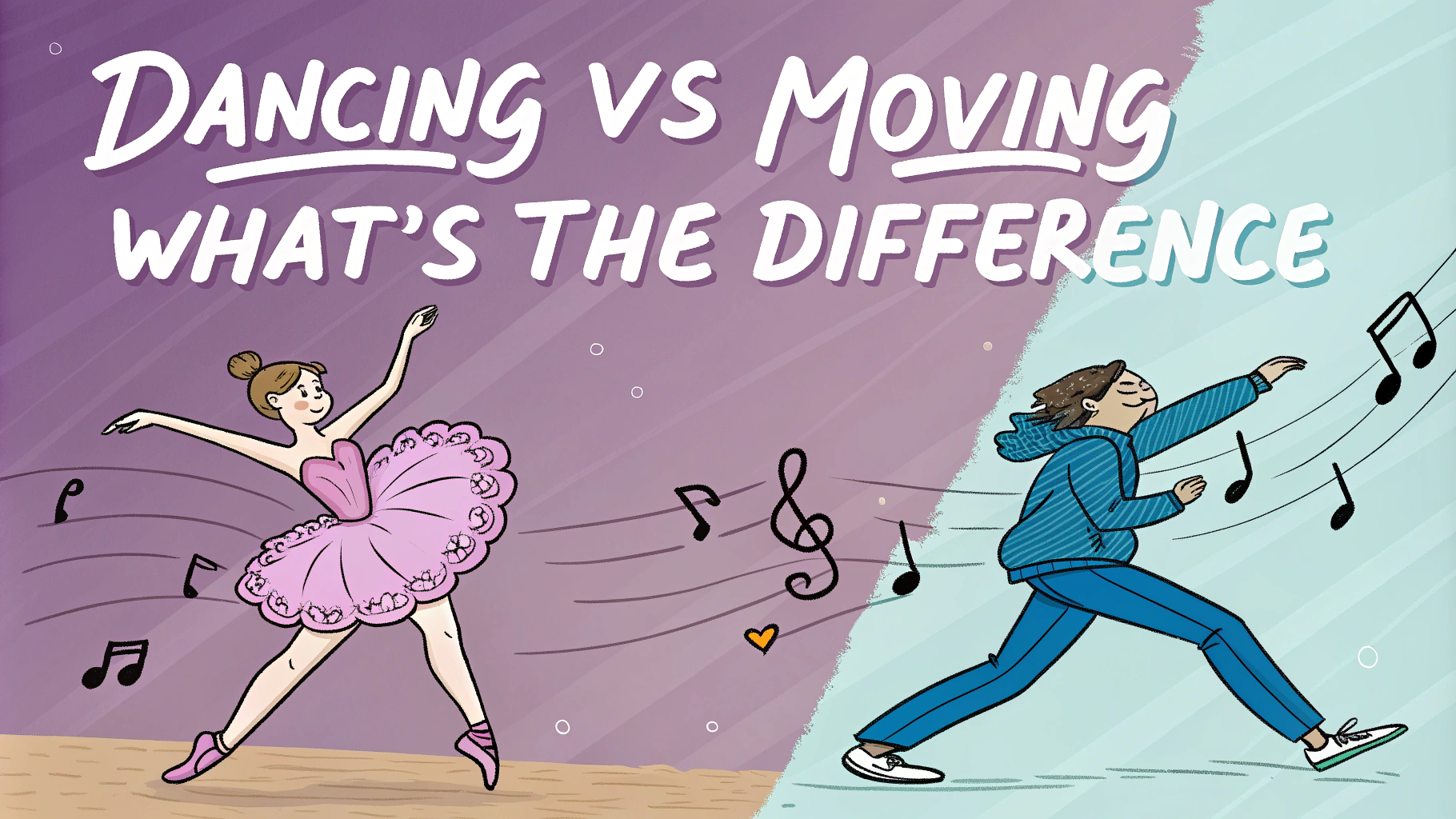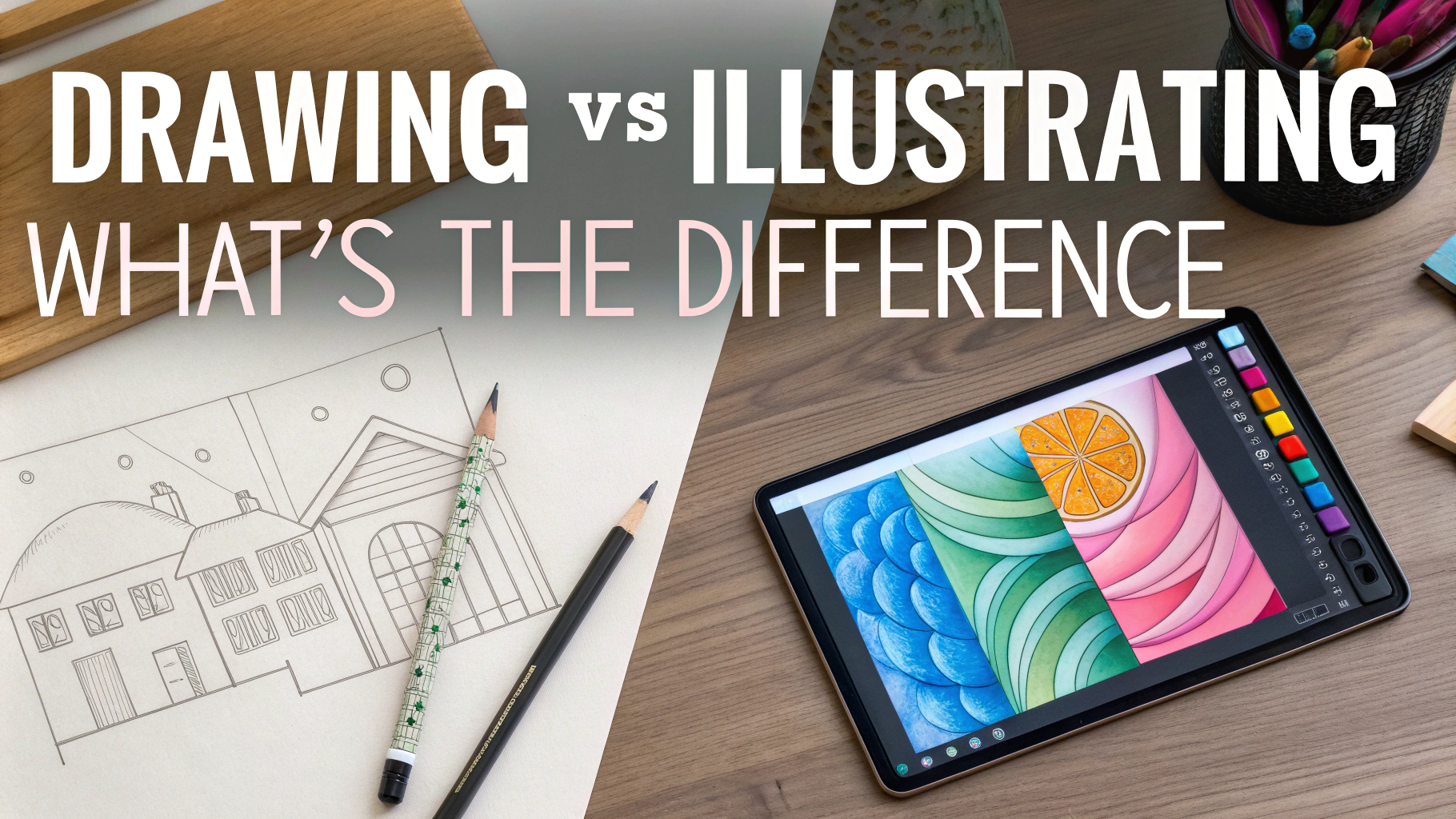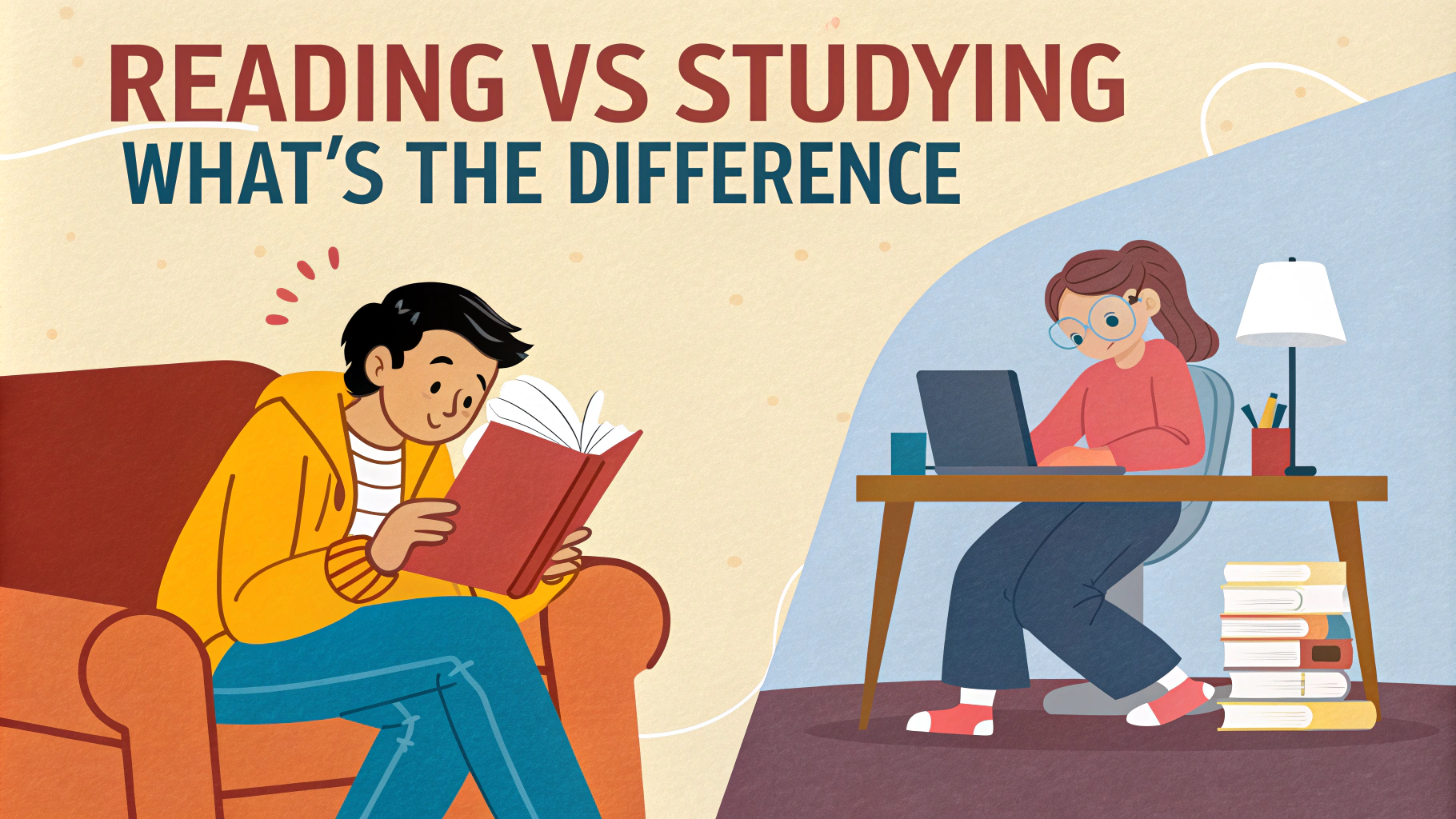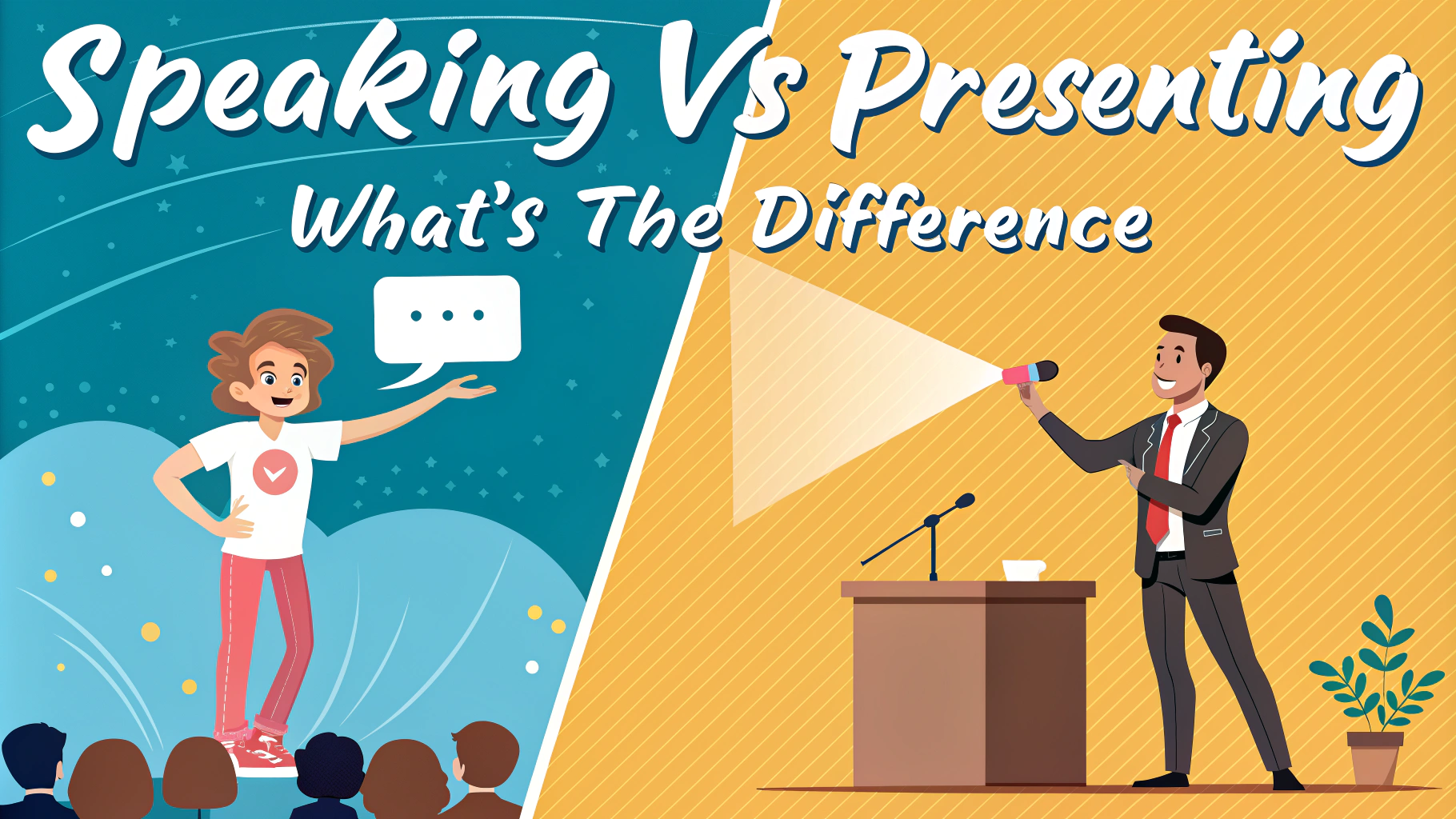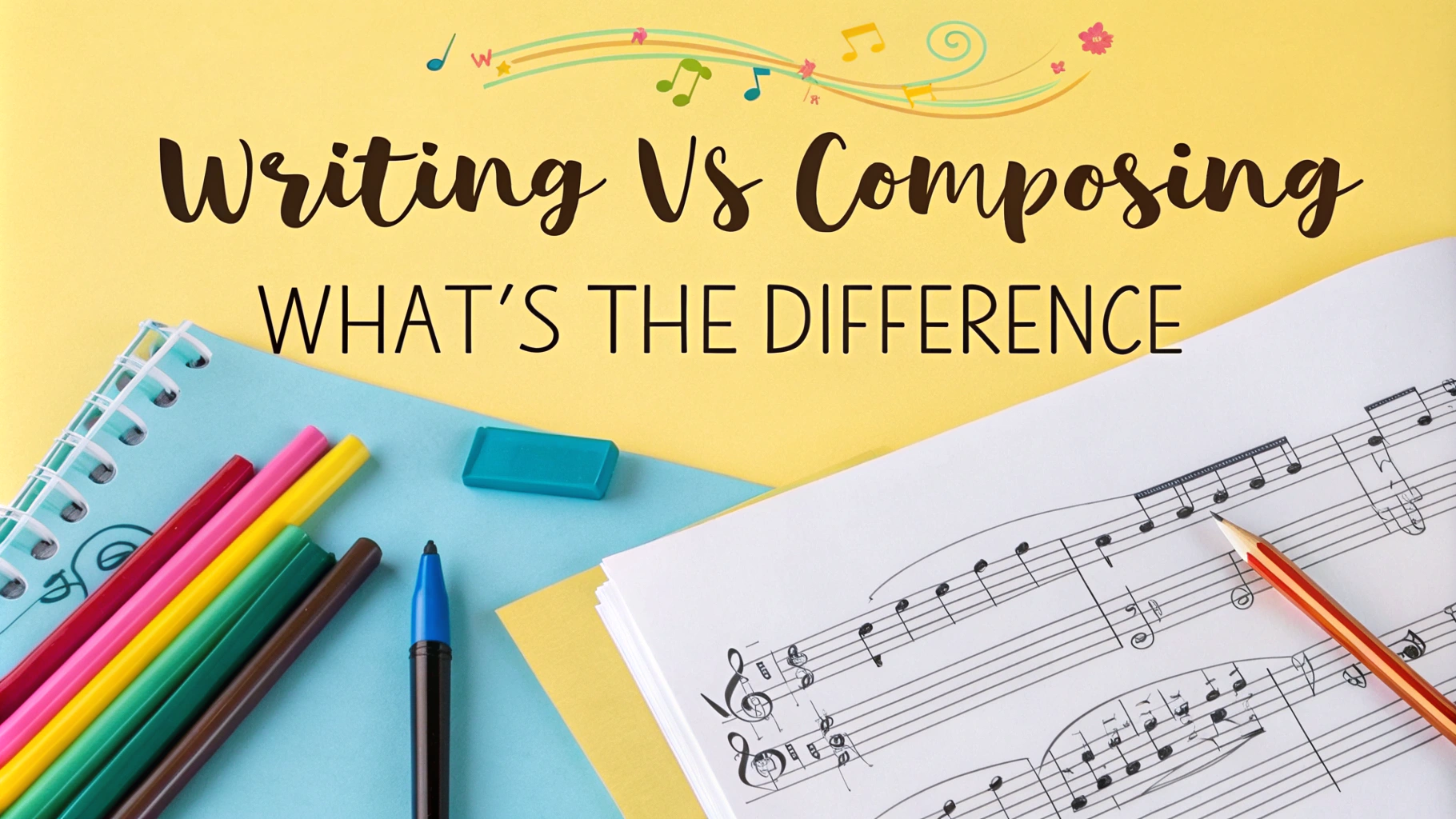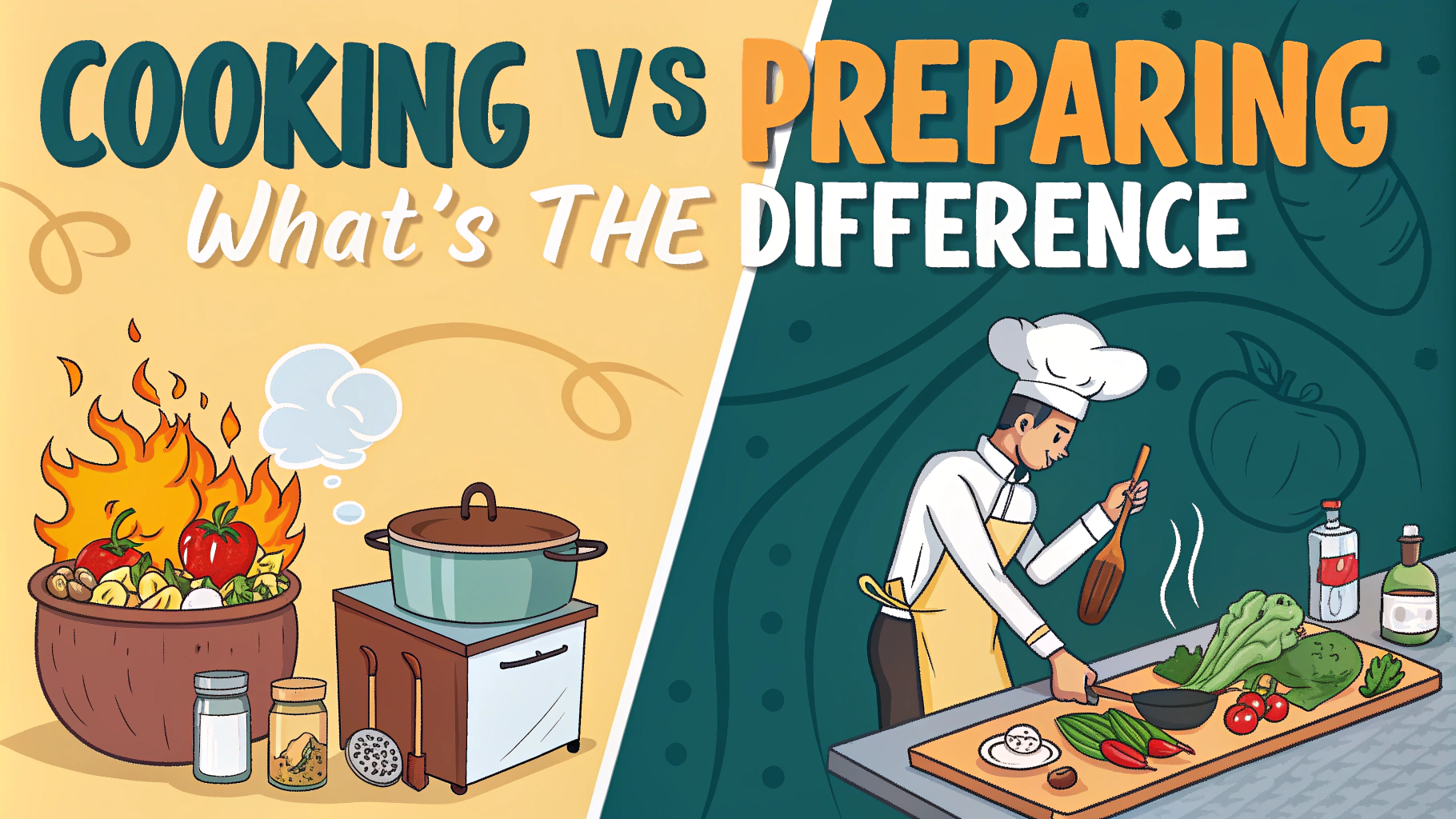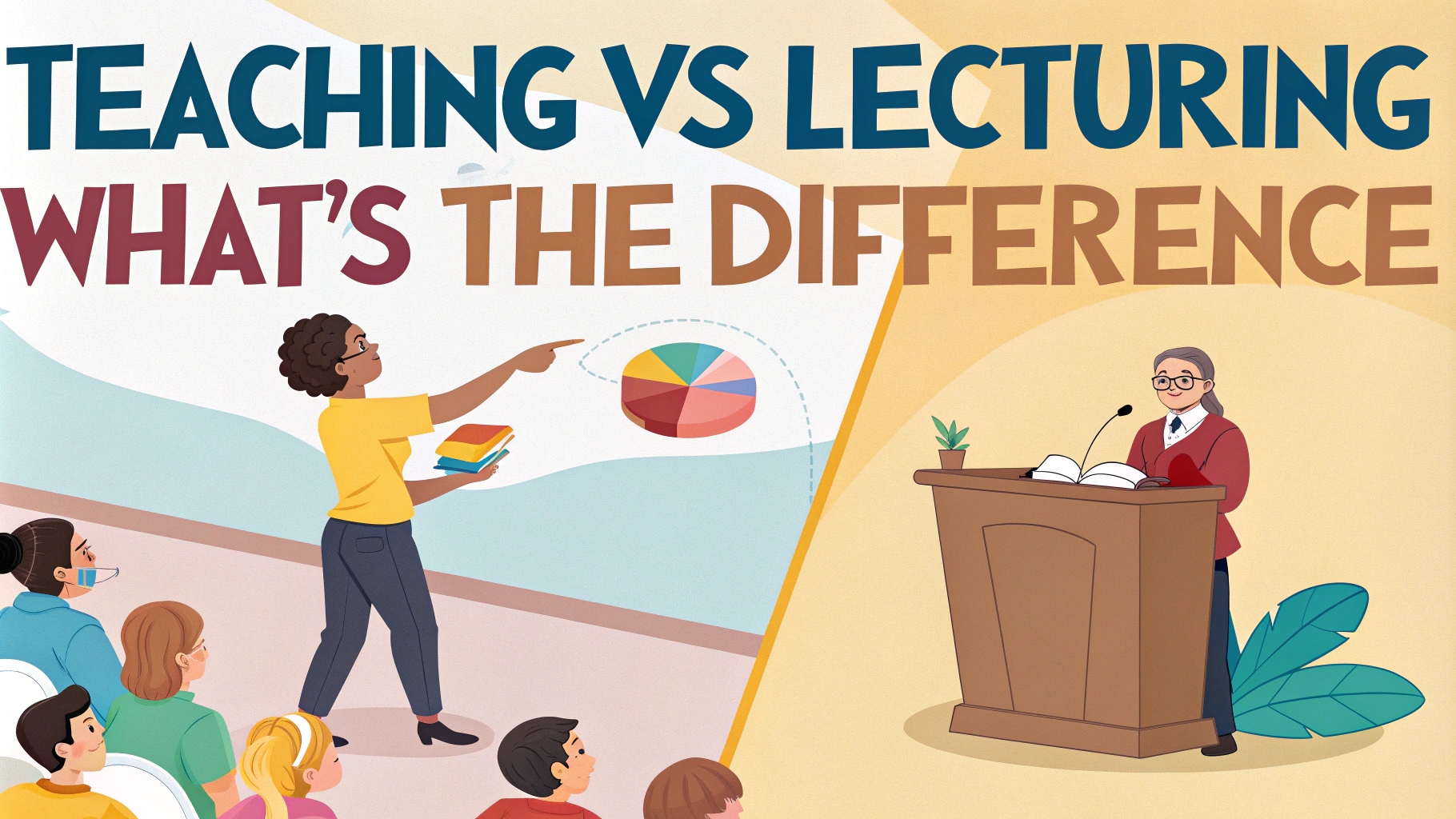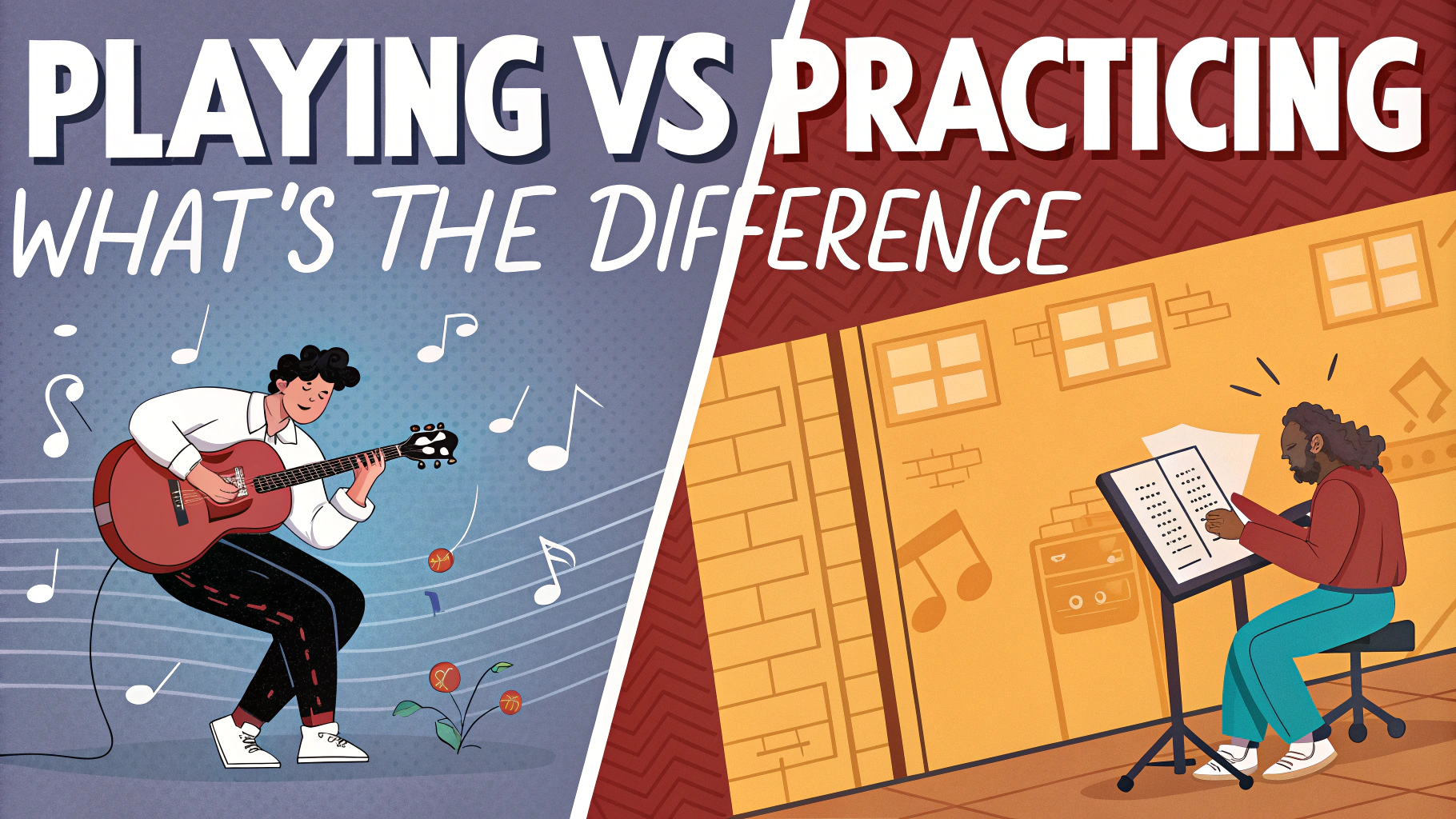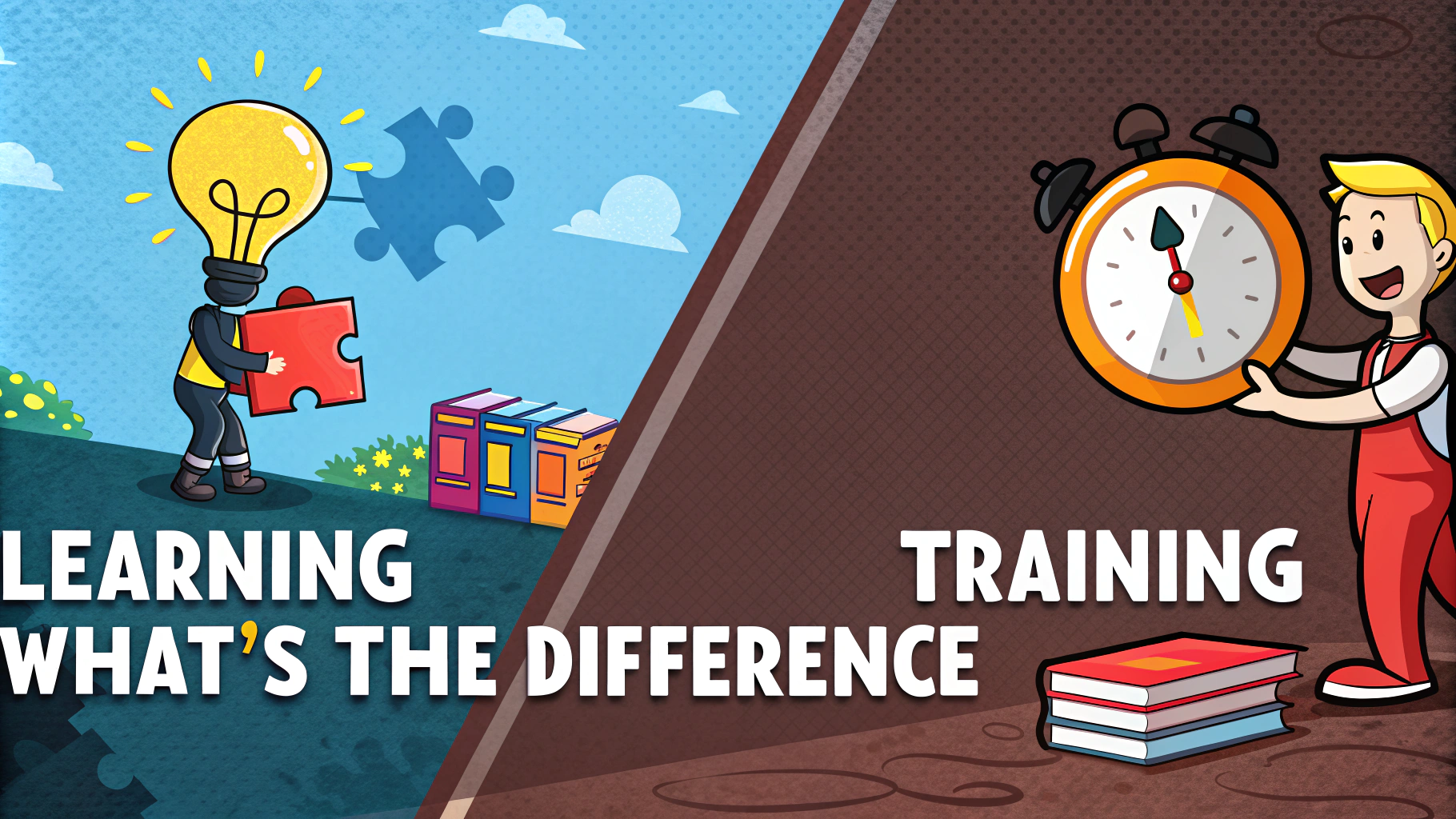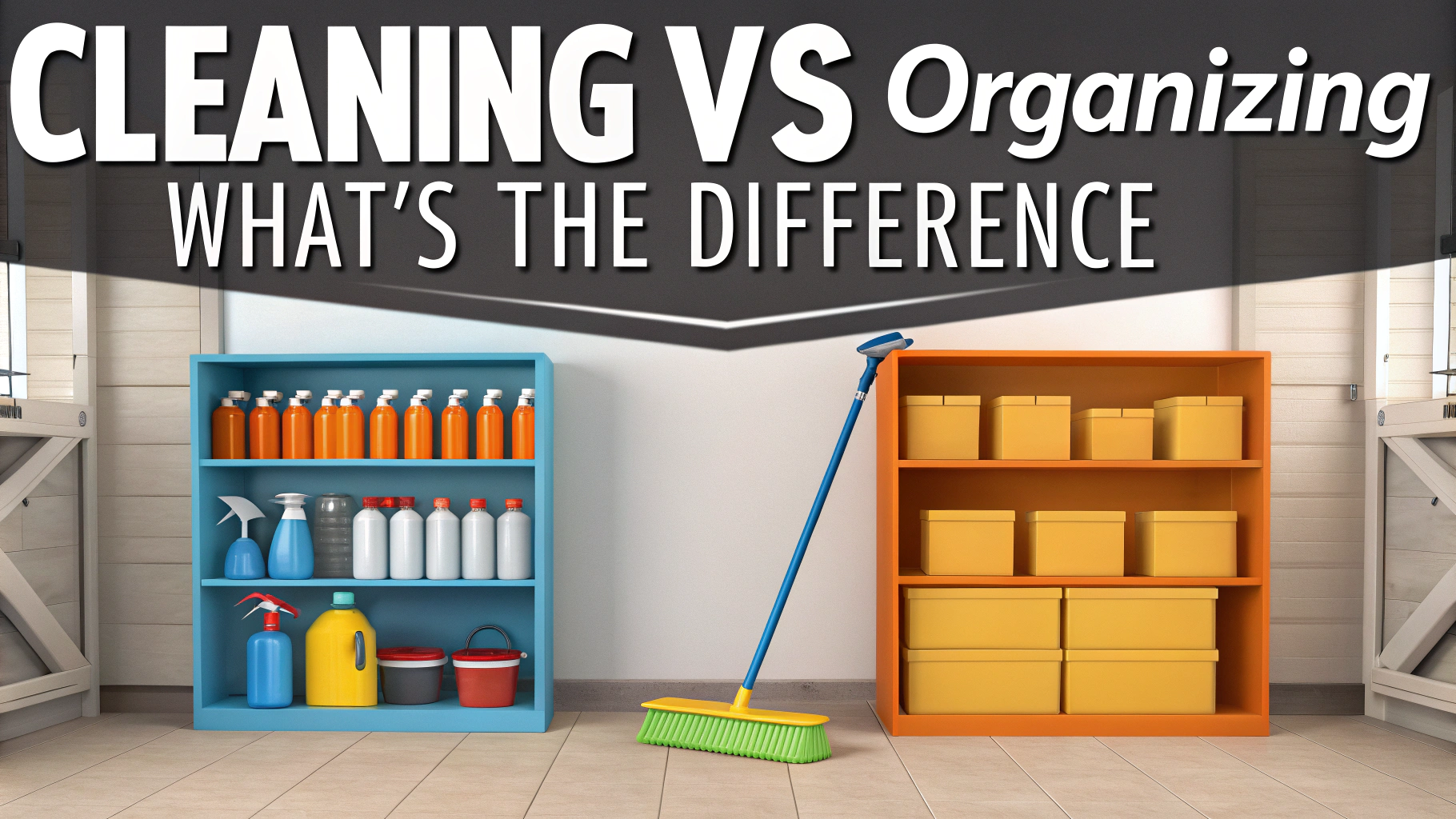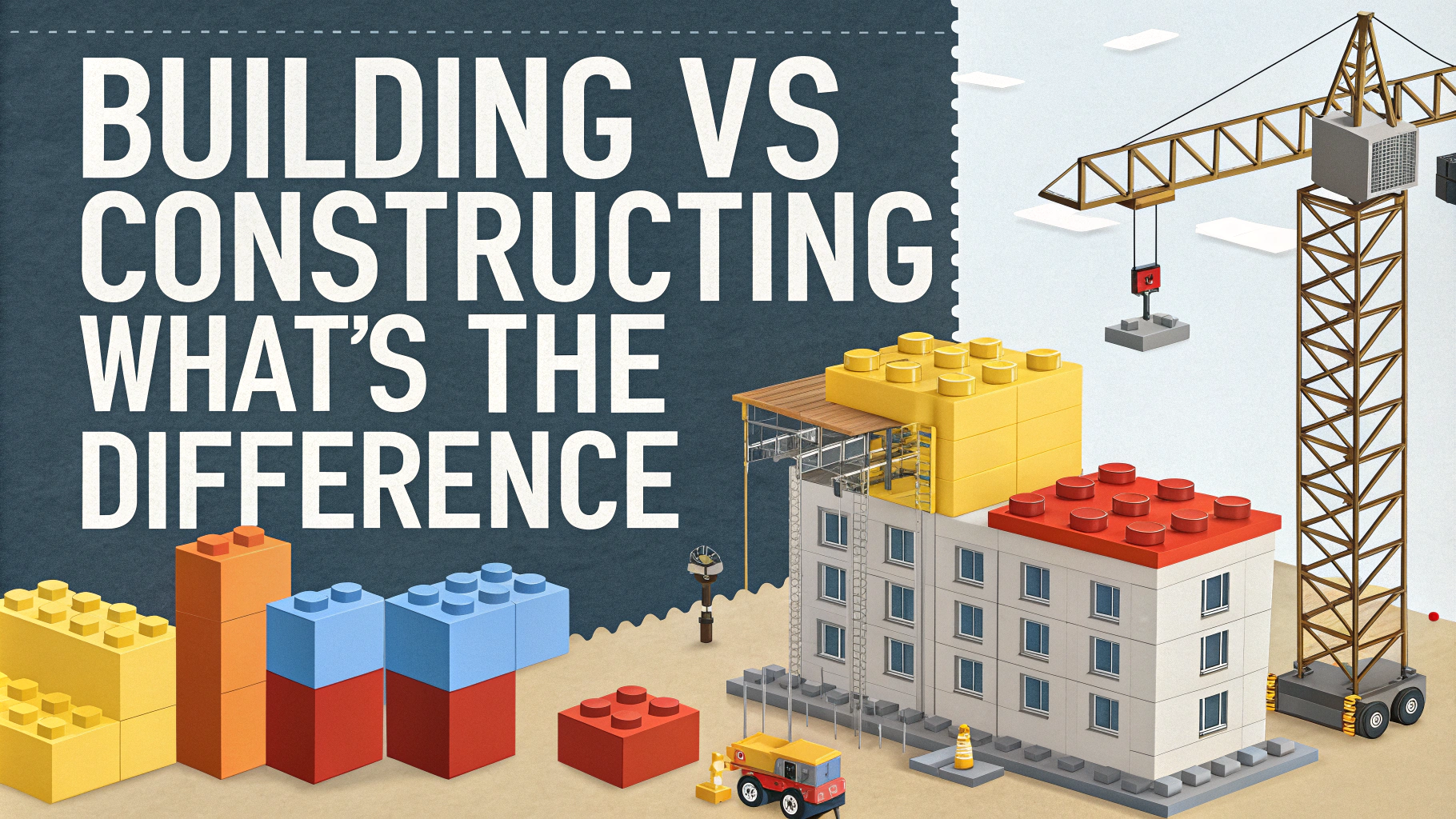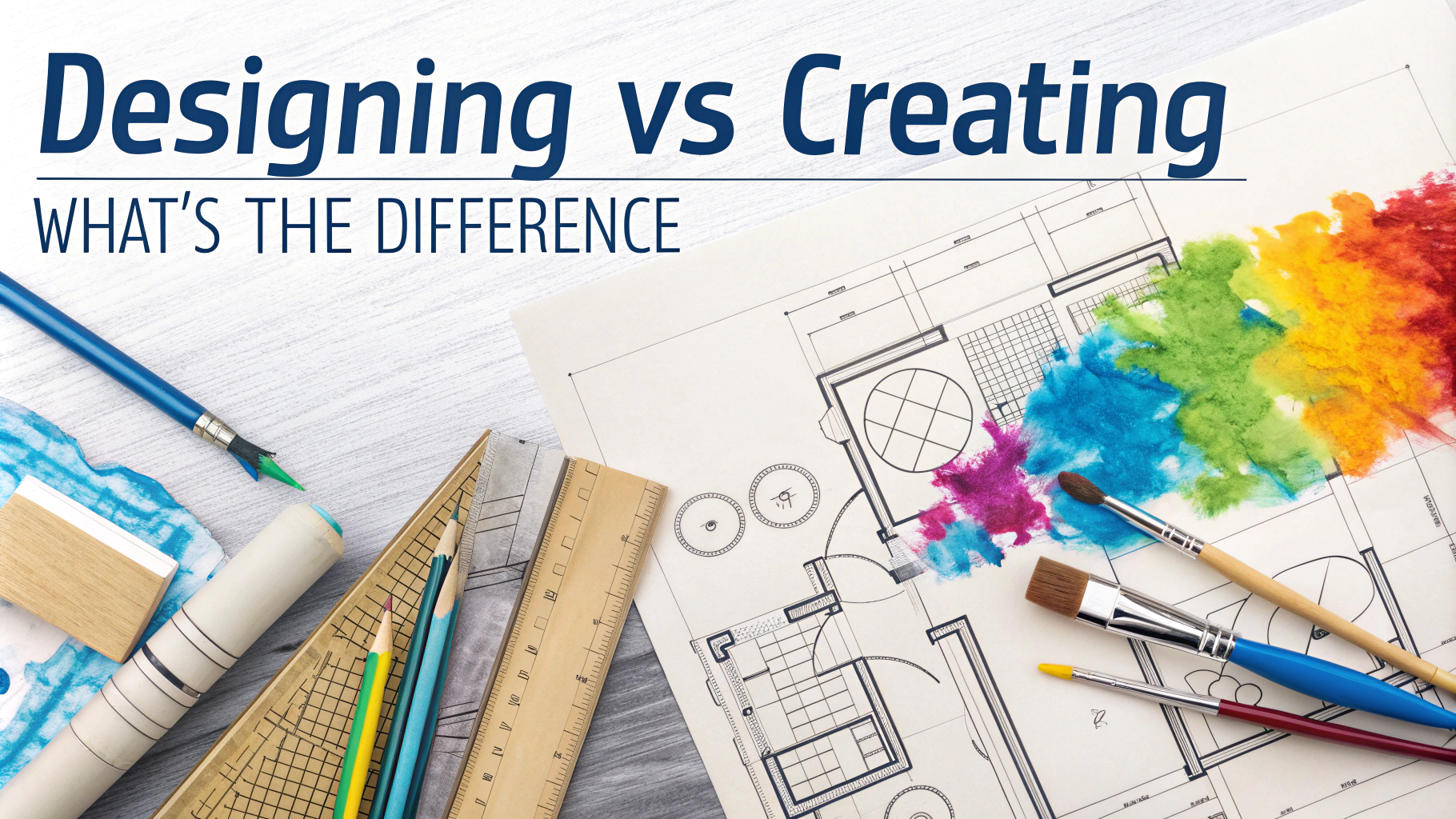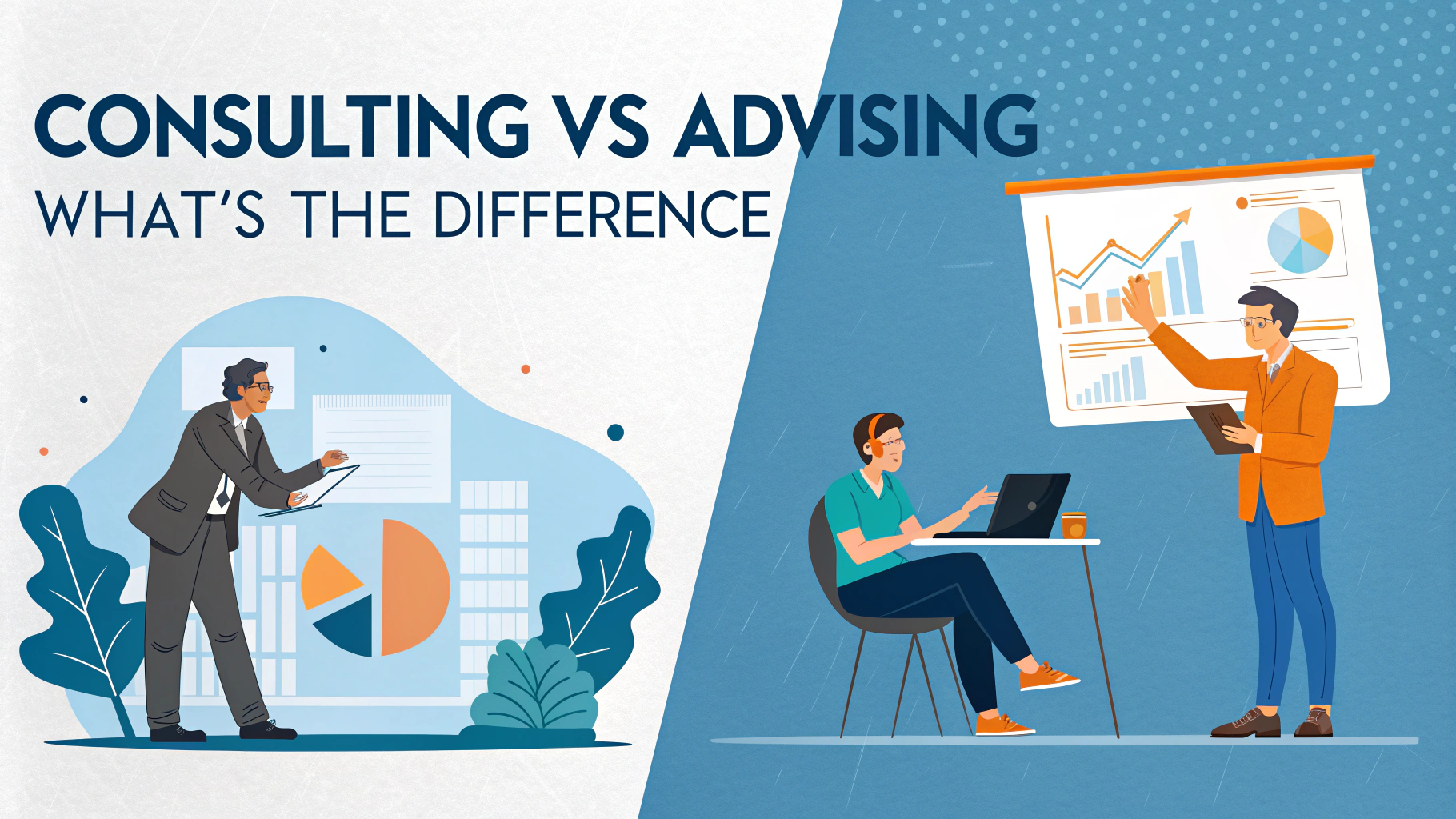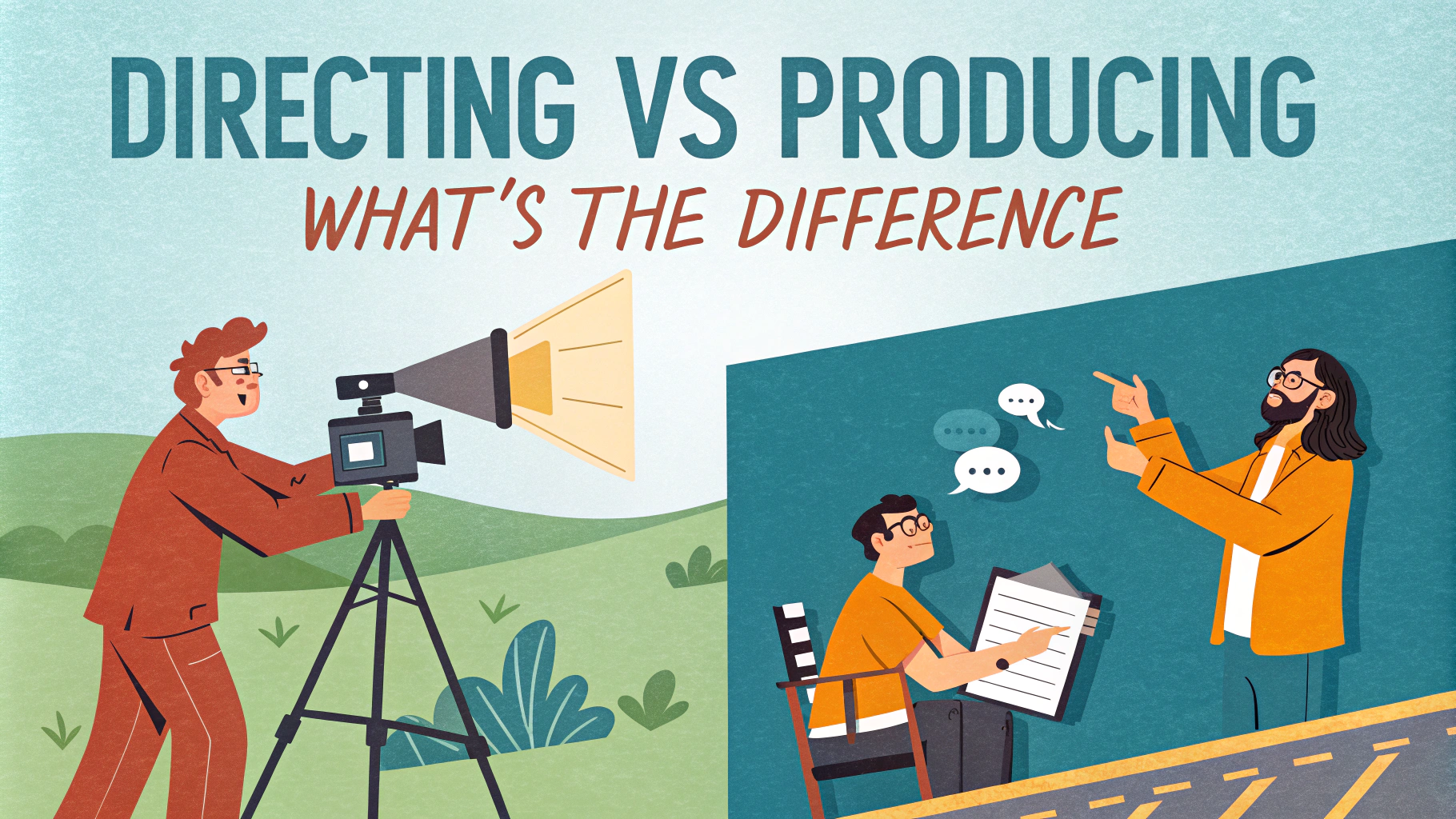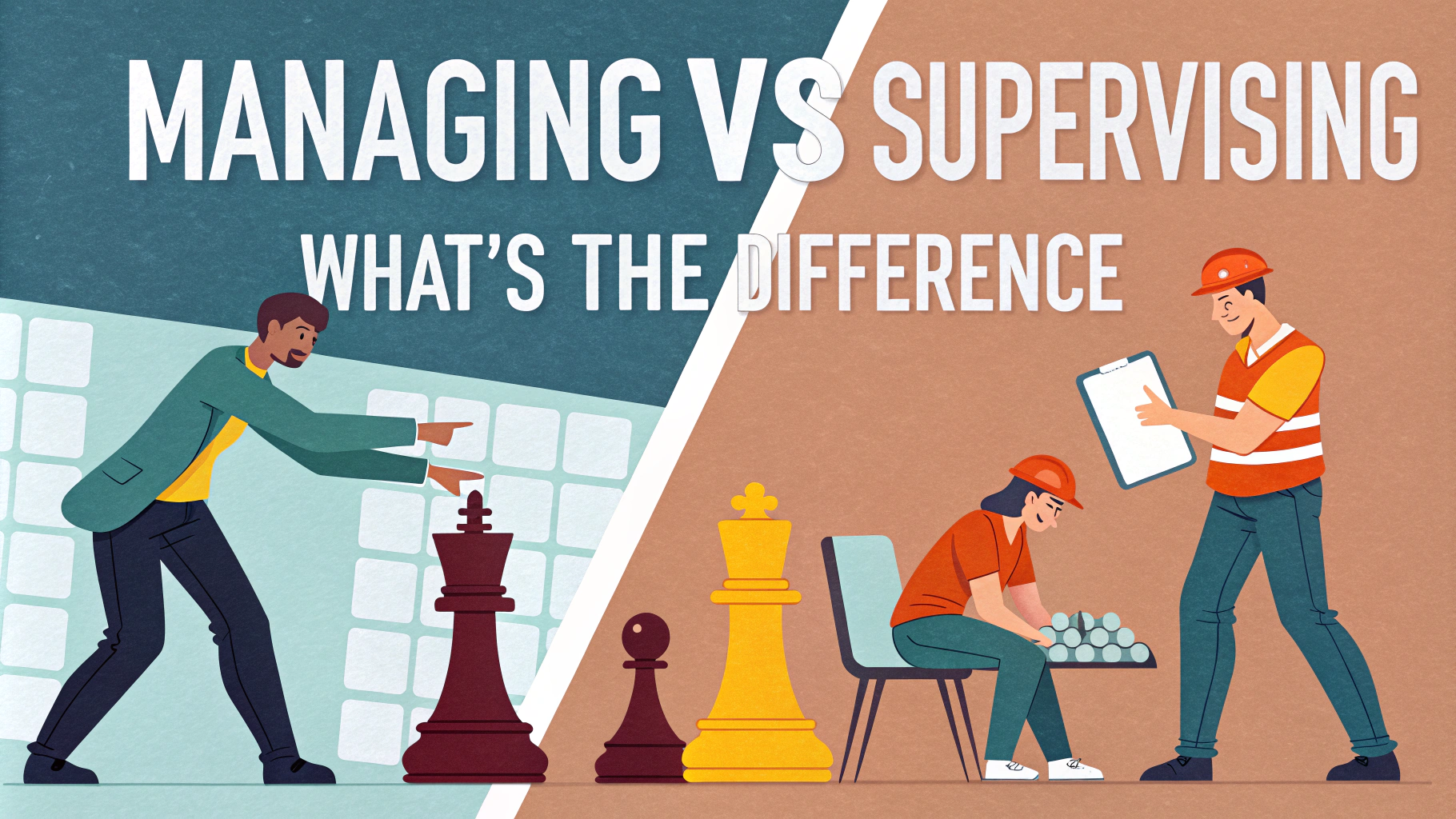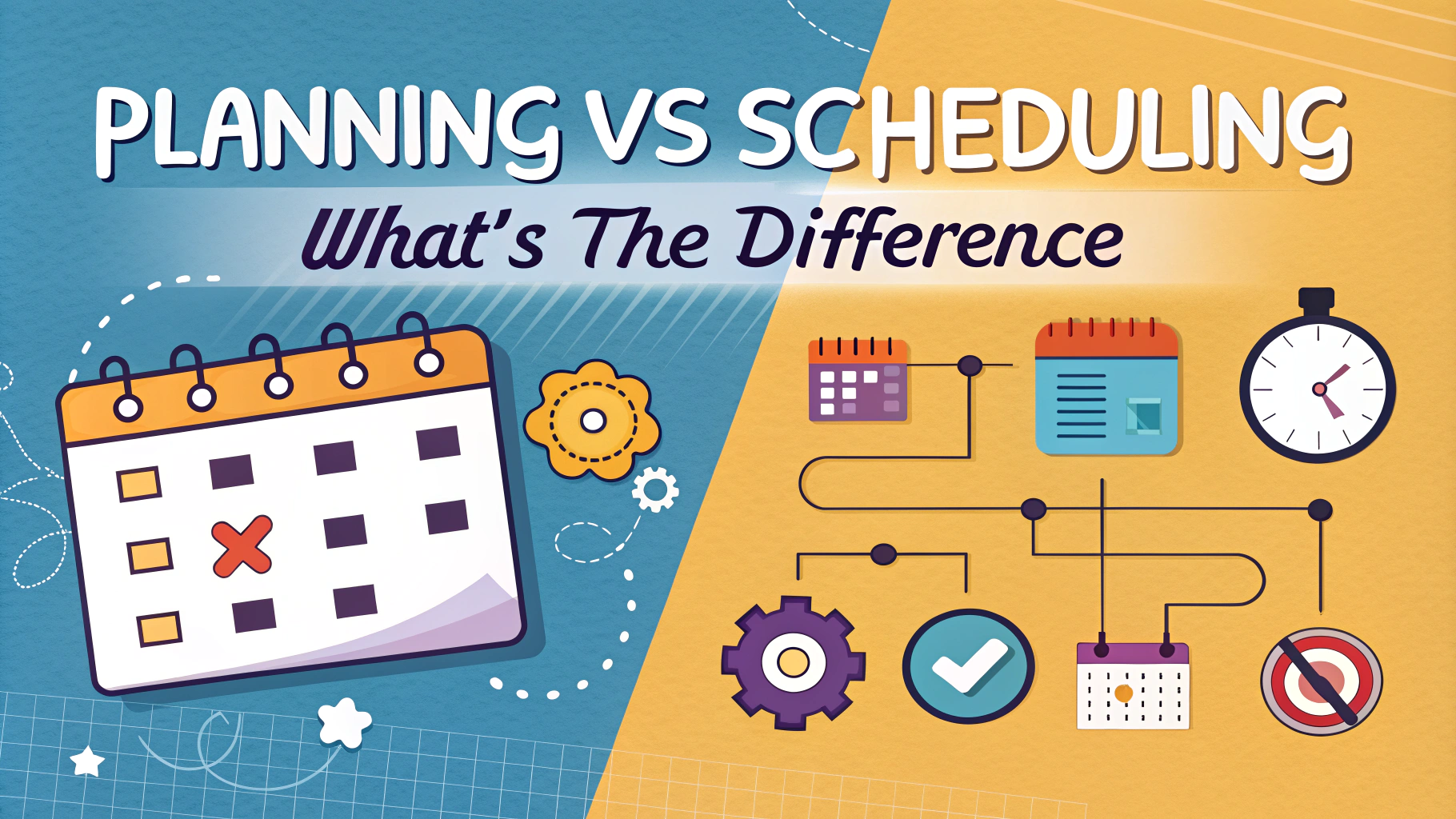Many people use jealousy and envy interchangeably, but these emotions have distinct characteristics and triggers. The key difference lies in their psychological roots and how they manifest in relationships and personal growth.
These complex emotions can impact our mental health, relationships, and overall well-being. Learning to identify and manage them effectively helps build stronger connections and improve emotional intelligence.
The Psychology Behind Jealousy
**Jealousy** emerges from the fear of losing something or someone we already have. This emotion typically involves three parties – the person feeling jealous, their valued relationship/possession, and a perceived threat.
Key characteristics of jealousy:
- Fear-based reaction to potential loss
- Often involves romantic relationships
- Connected to feelings of insecurity
- Can lead to protective behaviors
Defining Envy and Its Triggers
**Envy** occurs when we desire something that someone else has. Unlike jealousy, it’s a two-party emotion focusing on what we lack rather than what we might lose.
Common triggers of envy:
- Career success of others
- Material possessions
- Personal achievements
- Physical attributes
Impact on Relationships and Self-Growth
Both emotions can affect personal development and interpersonal connections in different ways:
| Jealousy Effects | Envy Effects |
|---|---|
| Trust issues | Decreased self-esteem |
| Controlling behavior | Social withdrawal |
| Relationship strain | Competitive behavior |
Recognizing Healthy vs Unhealthy Patterns
Understanding when these emotions cross into problematic territory helps maintain balanced relationships and personal well-being.
**Healthy expressions** include:
- Open communication about feelings
- Self-reflection and growth
- Motivation to improve oneself
- Respect for boundaries
**Warning signs** of unhealthy patterns:
- Obsessive thoughts or behaviors
- Constant comparison to others
- Aggressive or manipulative actions
- Isolation from social connections
Practical Management Tools
Building emotional resilience requires specific strategies to handle both jealousy and envy effectively.
**Daily practices** for emotional balance:
- Mindfulness meditation (10-15 minutes)
- Gratitude journaling
- Regular exercise
- Setting personal achievement goals
Support Systems and Professional Help
Sometimes self-management isn’t enough, and external support becomes necessary.
**Professional resources** include:
| Type of Support | Best For |
|---|---|
| Individual therapy | Deep-rooted emotional patterns |
| Couples counseling | Relationship-based jealousy |
| Support groups | Shared experiences and coping |
Building Emotional Intelligence
Transform challenging emotions into opportunities for personal development and stronger relationships.
**Action steps** for growth:
- Practice self-awareness through regular emotional check-ins
- Develop empathy by understanding others’ perspectives
- Set realistic expectations for relationships and personal goals
- Focus on personal achievements rather than comparisons
> “The first step in dealing with negative emotions is acknowledging their presence without judgment.”
Remember that managing jealousy and envy is an ongoing process that requires patience and consistent effort. Progress comes from small, daily actions rather than dramatic changes.
FAQs About Jealousy vs Envy
Q: What’s the main difference between jealousy and envy?
Jealousy involves fear of losing something you have, while envy is wanting something someone else has. Jealousy typically involves three people, while envy involves two.
Q: Can jealousy and envy occur at the same time?
Yes, these emotions can overlap. For example, you might be envious of someone’s new relationship while feeling jealous about protecting your own.
Q: Which emotion is more damaging – jealousy or envy?
Both can be harmful when excessive. Jealousy often leads to relationship problems, while envy can cause personal dissatisfaction and resentment.
Q: What are the physical symptoms of jealousy?
Common symptoms include:
- Increased heart rate
- Stomach tension
- Sweating
- Sleep problems
Q: How can I stop feeling jealous in my relationship?
Key strategies include:
- Building self-confidence
- Improving communication
- Addressing trust issues
- Practicing mindfulness
Q: Is jealousy a sign of love?
While mild jealousy can indicate care for a relationship, excessive jealousy is unhealthy and often stems from insecurity rather than love.
Q: What’s the psychology behind workplace envy?
Workplace envy often stems from:
- Competition for promotions
- Salary differences
- Recognition disparities
- Status comparisons
Q: How does social media affect envy?
Social media envy is amplified by:
- Curated highlight reels
- Constant comparison opportunities
- Materialistic displays
- Achievement showcasing
Q: Can envy be positive?
Healthy envy can motivate self-improvement and goal-setting when channeled constructively.
Q: What causes jealousy in friendships?
Common triggers include:
- Time spent with other friends
- New relationships
- Personal achievements
- Changing dynamics
Q: How do different cultures view jealousy and envy?
Cultural perspectives vary widely, with some societies viewing these emotions as:
- Natural human responses
- Character flaws
- Evil omens
- Protection mechanisms

